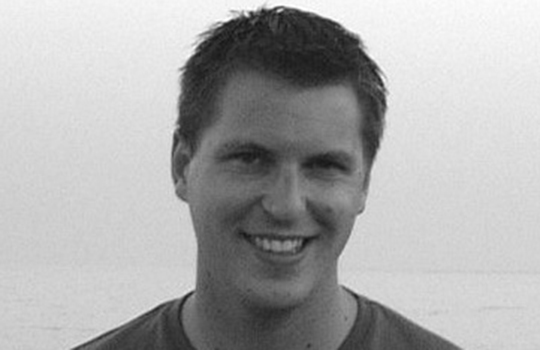“Resistentialism is a philosophy of tragic grandeur. It … derives its name from its central thesis that Things (res) resist (résister) men. Philosophers have become excited at various times, says [its originator Pierre-Marie] Ventre, about Psycho-Physical Parallelism, about Idealism, about the I-Thou Relation, about Pragmatism. All these were, so to speak, pre-atomic philosophies. They were […]
Category: Columnists
Richard Smith: Impressions of Devi Shetty’s hospital city—bringing surgery to the masses

I’m standing with Devi Shetty, a cardiac thoracic surgeon in his surgical gear, between two paediatric intensive care units with around 40 cots. All the cots are full apart from those ready for children who are undergoing surgery. The units are tremendously busy, full of activity, but at the same time calm. I remarked on […]
Mary E Black: Creating a path for organ donation

Every time the story of an organ donation is told, that path is more fully trodden […]
Desmond O’Neill: Going digital for global medical humanities

To those teaching and researching the medical humanities, major exhibitions of great art represent a wonderful opportunity for a focal illumination of how medicine and the arts interact. However, for those who live a long way from the great galleries, the excellence of the writing and insights in the many reviews—including those in medical journals—are […]
Richard Smith: Giving medical students patient contact through online consultation

Medical students arrive at medical school hungry to have contact with patients, but it can be unfair to unleash on patients students who know nothing of medicine and until yesterday were school children. Leicester Medical School has an innovative solution to this conundrum that has the added benefit of familiarising students with consulting online, something […]
Matt Morgan: Medical assessment in the age of the robot

The ability for doctors to ask the right questions and deal with uncertainty is becoming more important than ever […]
Jeffrey Aronson: When I use a word . . . Multiculturalism: science, discourse, humanities
To recap. After C P Snow’s 1959 Rede Lecture “The Two Cultures and the Scientific Revolution”, the Cambridge literary critic, F R Leavis, in his 1962 Richmond Lecture, “The Two Cultures? The Significance of C. P. Snow” venomously slandered Snow’s abilities as a novelist and intellectual. Snow then wrote another essay, “The Two Cultures: A […]
Kieran Walsh: What if everything you knew about medical education was wrong?

Learners have to be active. This is something that I have heard a lot and also said a lot in the years I have been involved medical education. The idea that learners have to be active has driven educators to set up small group teaching, problem based learning, interactive educational resources, and a range of […]
John Ashton: Public health must constantly be challenging

With the nation still reeling from the shock of the recent Grenfell Tower fire in West London, in which so many of our most disadvantaged citizens died, Martin McKee reminds us that the public’s health is fundamentally a political matter. Martin points to the importance of public health in confronting those in power, defining the […]
Jeffrey Aronson: When I use a word . . . The Two Cultures—Leavis versus Snow
Last week I showed how the noun “culture” developed from the IndoEuropean root KWEL, which implied turning in different ways. “Culture” entered English in the 15th century with meanings related to tilling the soil, both on its own and as a suffix in “agriculture”; “horticulture” followed in the late 17th century, but it was not […]